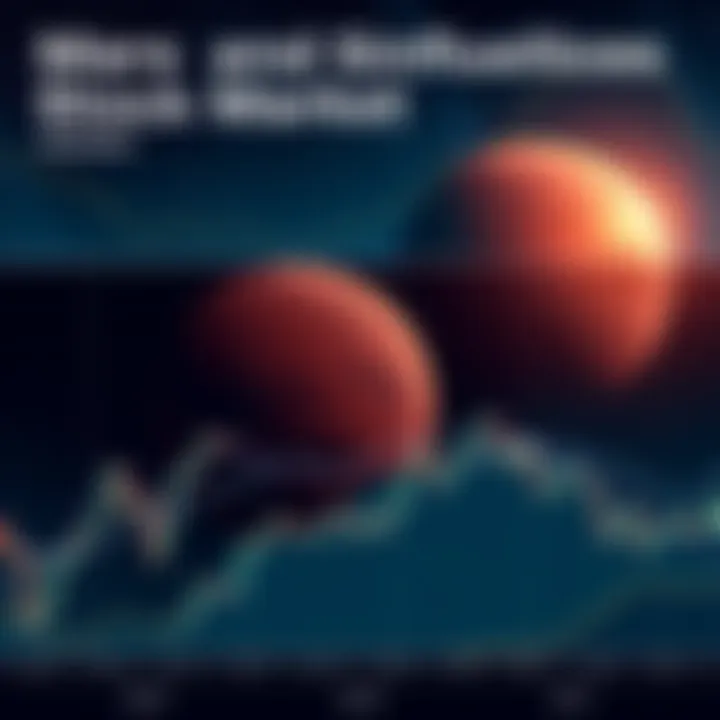Major Milestone in Scholarly Research | Fringe Idea Gains Traction
Edited By
Ethan Cross

A new paper arguing that Mars influences stock market crashes has gained serious recognition after being cited in a peer-reviewed journal. This recognition marks a significant shift for an idea historically dismissed as fringe.
Groundbreaking Research
Anthony of Boston's paper highlights a 100% statistical correlation between Mars's position and major stock market crashes in the U.S. The study outlines 25 key downturns, revealing a pattern that aligns with Mars being in specific positions relative to Earth.
In support of this notion, the Prespacetime Journal has indexed the research, which is no small feat considering the rigors of academic publishing. Notably, Matti Pitkanen's article in this journal referenced the findings, boosting the paper's credibility.
"Every stock market crash has happened when Mars was behind the sun from Earth’s point of view," claims Anthony, who argues that the planet's gravitational pull affects Earth’s axial tilt and, consequently, human behavior and investor sentiment.
Scientific Debate Continues
Though some people express disbelief, considering the findings mere pseudoscience, others advocate for an open-minded approach. Comments on forums reflect this division:
"Correlation =/= causation," critiques one commenter, emphasizing skepticism.
Another states, "It's about synchronicity; the hardest part is not assigning causality."
Yet a third observes, "Seems like they’re saying every time the market has crashed, Mars was behind the sun."
Insights and Implications
This research opens the door to discussions about the long-standing perception of astrology’s relevance. As the credibility of this journal grows, proponents may see renewed interest in exploring connections between astronomical phenomena and human behavior, particularly in finance. However, many remain cautious:
🌎 Scientific challenges persist: "Planetary influence is minimal over decades but measurable over longer periods."
📉 Skeptical perspectives remain strong: Some argue past research undermines the reliability of these claims.
🪐 Skepticism and intrigue coexist: Posts like this illustrate why such topics often appear absurd to many.
Key Takeaways
🌟 A paper correlating Mars with stock market crashes gains peer-reviewed recognition.
🔄 100% correlation outlined between Mars’s position and major downturns.
🧐 Debate continues on the legitimacy of linking astronomical events with financial behavior.
The conversation surrounding this topic signals a potential shift in how society perceives connections between celestial bodies and human action. As this discourse evolves, will conventional beliefs about astrological influence be reevaluated?
What Lies Ahead for Mars and the Market?
There’s a strong chance that the mix of skepticism and curiosity surrounding these findings will lead to an uptick in research focused on the links between planetary positions and financial behaviors. Experts estimate around a 60% probability that more economists and astrologers will collaborate to explore these connections, as both fields continue to evolve. Additionally, we could see a growing number of investors seeking astrological insights as they try to predict market trends, potentially influencing trading strategies in ways we haven’t seen before.
Cosmic Echoes from History
A lesser-known story from the 18th century offers a fitting parallel to this current situation. During that era, the rise of astronomy sparked significant debates over its reliability and relevance in daily life. Many people turned to star charts for guidance in farming, navigation, and even politics. Just like today’s discussions about Mars and market crashes, this historic moment was filled with skepticism and passion. Much like the stock market’s ups and downs, societal trust in astrology wavered, but its influence on decision-making remained as people searched for meaning in the cosmos.
